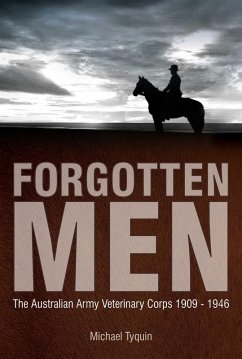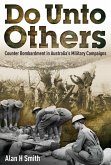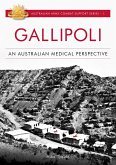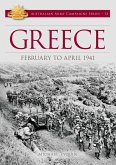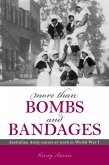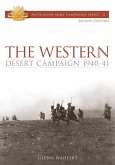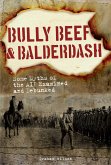Forgotten Men is the long overdue account of the significant contribution to the Australian Army of the Australian Army Veterinary Corps in two world wars. One of the army's smallest and least recognised corps, its humble beginnings and quiet work in the background belie the crucial role of the Corps in supporting wartime operations and dealing with logistical issues never envisaged before 1915. While their place in military history is often overlooked, the men of the Australian Veterinary Corps deserve recognition. Stoic and hardworking, they unselfishly worked among the horrors of war, to provide the support needed for army units and their animals. While the Veterinary Corps reached its peak during the Great War, its role did not end when the guns fell silent in 1918. Instead, the Corps continued to support military activities across Australia until horsepower finally gave way to mechanisation in World War II. The Corps' success in enabling the 1st Australian Imperial Force to fight in two theatres, each with its own peculiar veterinary problems, is an achievement worth recording. Doctor Michael Tyquin is a consulting historian based in Canberra. He has published extensively in the areas of Australian social, medical and military history. He is a serving member of the Australian Army Reserve which he joined as a medical assistant with the 4/19th Prince of Wales Light Horse. He is the official historian of the Royal Australian Army Medical Corps and is an Adjunct Professor at the University of Queensland's Centre for Military and Veterans' Health.
Dieser Download kann aus rechtlichen Gründen nur mit Rechnungsadresse in A, B, BG, CY, CZ, D, DK, EW, E, FIN, F, GR, HR, H, I, LT, L, LR, M, NL, PL, P, R, S, SLO, SK ausgeliefert werden.

